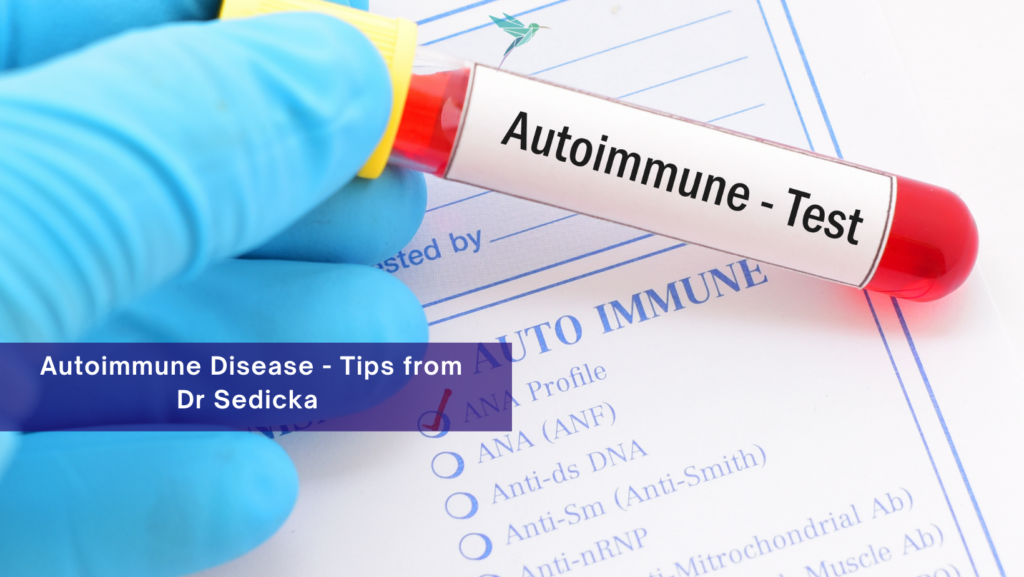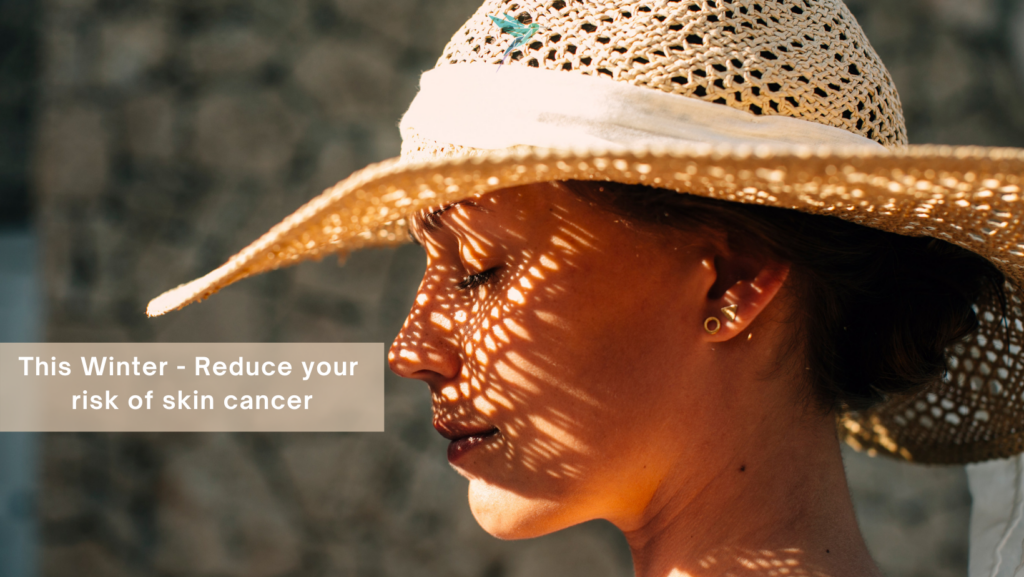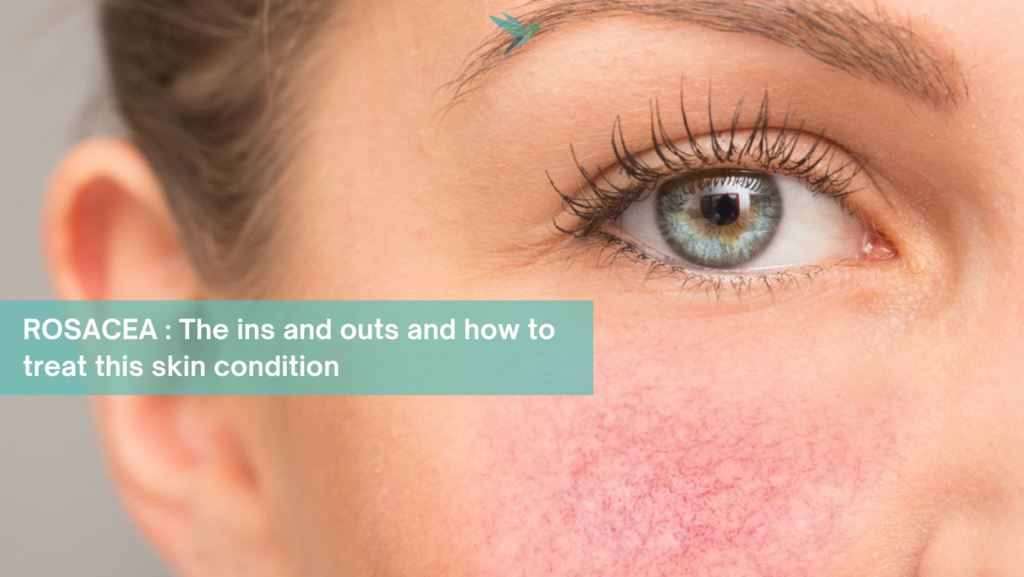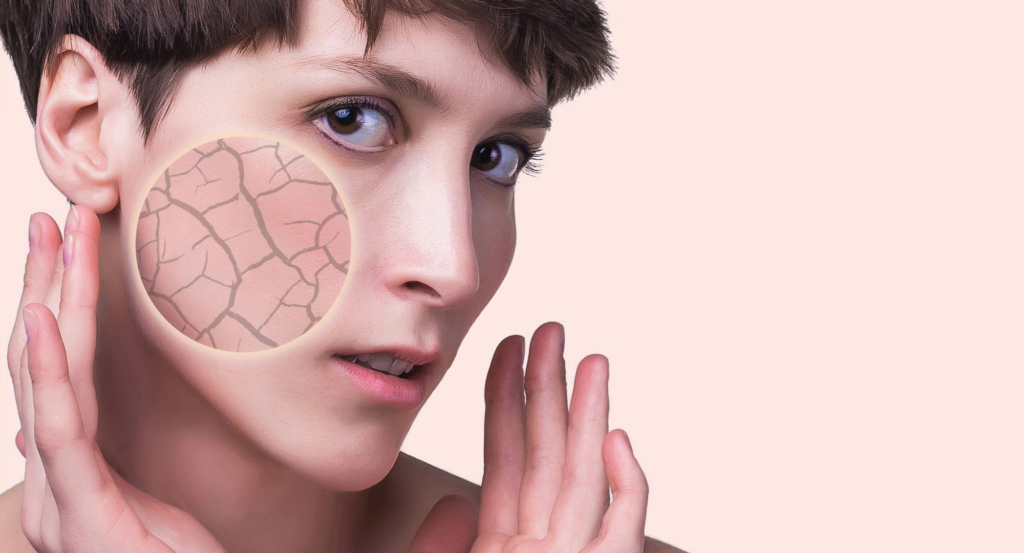Can you feel the change of mood in the air? Season is almost here, the nights are balmy, the prospect of a much-needed break is pulling us through the final days of 2021 and all we want to do is to let loose and have some fun!
So I don’t want to be a Debbie Downer but heading into season remember that the drinks that you’re downing are going to drag your skin down too! Get the lowdown on how to party-proof your skin this season.
Read More
You’ve probably heard a lot about ‘dysbiosis’, otherwise described as an ‘imbalance’ in community of microbes in your gut. Perhaps, you’ve been told that you have too many ‘bad’ bugs & not enough ‘beneficial’ bugs? Or, you’ve been told that you’ve got an ‘overgrowth’ of bugs higher up in the GI tract?
The above may be true for you, however, the science of testing & confirming whether the ‘diagnosis’ is IN FACT true is complex. Learn whether a gut microbiome test is the test you’ve been looking for to shed light on your symptoms.
Read More
When we think of sweating, words like hot and sticky come to mind but there are numerous health benefits to sweating. Most of the time, sweating serves its purpose rather quickly. We cool down, stop sweating, and give it no further thought.
But if you’re one of 365 million people worldwide who live with excessive sweating, known in medical terms as hyperhidrosis, you sweat more than you need to. Keep reading for tips on how to stay dry this summer.
Read More
At Halloween, some of the most frightening costumes include skin concerns that dermatologists deal with every day. From witches’ warts to shocking scars and blistering boils, the scary skin issues you see on Halloween are typically all in good fun.
More terrifying to dermatologists are potentially dangerous skincare mistakes we see our patients making. Here are some of the most spine-chilling…
Read More
PCOS – you’ve probably vaguely heard about it: something to do with ovaries and fertility. So what on earth is a dermatologist writing about it for?
Well, hormones and skin are a biggie and PCOS is one of the biggest culprits.
Considering that 1 in 10 women of childbearing age suffers from PCOS – the bigger question should be: why aren’t we talking MORE about it?
Read More
You’ve probably heard about ‘autoimmune diseases’, and may wonder why the fuss?
Learn what causes an overactive immune system which mistakenly attacks your own tissues as well as Dr Sedicka’s top 6 pointers when it comes to treating autoimmunity.
Read More
You might shrug off the idea of skin cancer and assume it won’t happen to you- or if it does, you’ll just have a mole removed. No big deal, right?
Not so fast.
Skin cancer is the most common cancer in South Africa. In fact, each year there are more new cases of skin cancer than the combined incidence of cancers of the breast, prostate, lung and colon.
And treatment may involve a whole lot more than a mole removal. Skin cancer, particularly melanoma, the most serious form, can spread to other parts of the body and become fatal.
Read More
Are you struggling with acne and feel that you are throwing everything at your skin with no improvement?
Feeling overwhelmed when you look at the array of products promising clear skin?
Let’s take a look at a simplified approach to understanding the WHY and HOW of treating those pesky breakouts.
Read More
Rosacea, let’s start with how to pronounce it, ro-ZAY-sha. Rosacea is a chronic skin condition that can begin with redness in the face similar to flushing or blushing. It can cause persistent redness, pimples, and visible blood vessels and can be easily confused with other skin conditions, such as acne […]
Read More
This month in celebration of World Vitiligo Day on 25 June, I would like to share with you a patient’s story who is very close to my heart. Not only was she the match which kindled my fascination into holistic integrative dermatology but she was the reason I spent two years studying the pigment cell condition of vitiligo and developing a test which would predict a patient’s response to treatment.
My mentor Prof Gail Todd always told me that my greatest teachers would be my patients. Mrs H – you were my first and greatest teacher and one of the reasons I became a dermatologist. Thank you for allowing me to share your story and for changing the trajectory of my life.
Read More
YES, vitiligo is a skin pigmentation problem where white patches develop on the skin.
Read More
Autoimmune diseases are a group of diseases where your immune cells (that should be fighting infections) start to attack your normal cells. For example, in vitiligo, your immune cells are attacking the colour cells in your skin, leaving you with a light patch. Or in alopecia areata, your immune cells are attacking your hair follicles, and you lose that patch of hair. In some autoimmune diseases like lupus (also called SLE – systemic lupus erythematosus), your immune cells attack various organs leading to all kinds of symptoms.
The skin (what a wonderful organ) is a very visible organ. So it’s easier to spot early signs that your body might be ‘attacking’ itself and that you might have an autoimmune disease. Dr Lerinza teaches us the 5 early warning signs that you should look out for…
Read More













